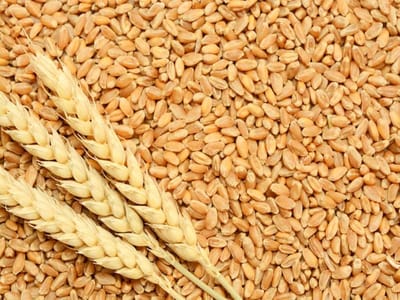MAIZE #Wheat Export
Tunisia’s recurring soft wheat tenders aren’t just a local story—they’re a bellwether for global agricultural markets. As the North African nation scrambles to secure its wheat supply against a backdrop of drought, domestic production shortfalls, and geopolitical shifts, investors are being handed a unique opportunity to capitalize on structural demand trends in global commodities.Tunisia’s wheat imports have surged in recent years, with the 2024/25 season projecting a staggering 1.8 million metric tons of imports to meet domestic consumption of 2.89 million metric tons. This dependency isn’t a temporary fix—it’s a structural shift driven by three key factors: 1. Domestic Production Constraints: Tunisia’s wheat output remains stubbornly low, averaging 1.25 million metric tons annually. Droughts and soil salinity issues in key growing regions like Kairouan and Sousse have made self-sufficiency a distant dream.
Read MoreThis ambitious target more than doubles the 2,597 tonnes harvested in the previous season, signaling the country’s commitment to reducing its dependency on wheat imports. Since launching a national wheat cultivation recovery plan in 2023, Burkina Faso has emerged as one of the few West African nations prioritizing large-scale wheat production.
Read More
